
Attend the 2020 Divas of Colour Festival – A Mind Your Mind Conference.
Every once in a while we read of stories of women killing or abandoning their newborns. In fact, in my culture, it is a common saying that women turn to tiger once they give birth. Such a strong notion which is used to oppress women in their own home instead of giving them the support they cry out for. As always, society will be quick at throwing stones at the woman for anything they believe the woman has done without taking into consideration the struggles of the new mum. This poor knowledge and cultural myths cause a lot of new mums to struggle really hard in the early stages (or even later) and often suffer in silence. So many women have lost their lives and many lose their minds completely due to ignorance and neglect.
The last few months have been an eye-opener. The royals drama has shown the level of ignorance surrounding the needs of women during pregnancy and after birth.
Especially for a society such as the UK that claims to be a developed society yet, hate and misogyny took the better part of them on how they treated Meghan Markle. They showed no empathy or cared about the human face of the object; they continually sliced into pieces.
More baffling was after watching and hearing the Duchess of Sussex speak out about her feelings and the lack of support she had had, and the attacked continued. Some accused her of acting, some accused her of being manipulative. As a civilised society as we claim, the entire UK media circus performed way below expectation and perhaps misled the society. They simply missed the chance to have raised awareness on this very brutal issue many know nothing about.
Maternal mental health – especially Postpartum depression is such a silent killer and everyone needs to know it when they see it. It is not hard to know if we can practise a little patience, empathy and care towards pregnant and new mums.
Facts:
According to WHO, worldwide, 10% of pregnant women and 13% of women who have just given birth experience a mental disorder, primarily depression and In developing countries, it is even higher, reaching 15.6% during pregnancy and 19.8% after childbirth. The UK National Health System also has a similar figure – 1 in 10 of every woman who has given birth is affected by this form of mental health.
Usually, women may feel a bit down in the first few days of giving birth. Whilst many get over it within a few days many go beyond 2 weeks and can get worse. The first few days of feeling down after birth are commonly called – Baby blues or 4 days blues. This doesn’t last longer than a week and doesn’t start after 2 weeks of giving birth.
Postnatal or postpartum depression can kick in any time within the first year of giving birth and can prolong for weeks or even months. When a mother is hit with this, it will have a significant impact on her, the baby and the family. Therefore, it’s essential that a woman is given all the support she needs to avoid and or to help her recover as quickly as possible.
This menace is so rampant yet barely known, leaving women to suffer needlessly.
Case study:
In this article, I spoke to several new mums and their story was just about the same. They all felt the same overwhelm, they felt down, fear and shame. They all needed just people they trusted around them and it was their support and love that got them the help they needed. The two stories below stood out and summarised what many women face but do not know or do not have the courage to talk about. My question to all of the women was just simple straightforward and the same. These women not knowing each other gave me exactly the same responses. The pattern remained the same – shame, fear, overwhelm, anxious, feeling down.
Renuka Ravichandran is an optometrist and a first-time mum. Her son is now 15 months old, she has returned to work but recently decided to start her own business – Greencurvestore.com
She regularly felt overwhelmed and anxious and her relationships and social life have taken the back seat. Leaving her even more vulnerable.
“During my maternity leave I felt a bit lost and overwhelmed with being at home with the baby, I realise now I had signs of PND but did not admit it to anyone or talk about it. I had lost my passion for creative things I used to do and it felt selfish to be doing other things rather than looking after him. I found it hard to admit it, even to myself, because I felt people would think I didn’t want to be with him”
During the times you struggled to come to terms with giving birth, what responses did you get from people around your – your family and friends? Did they support you or judge you?
I had a lot of family support but I think the problem was me. I was reluctant to share too much for fear of being judged. I was concerned about how it would be viewed since nobody else close to me had ever mentioned similar feelings.
What would you tell any new mum who is struggling with postnatal depression or any similar issues?
Now that I have had this experience I think it is so important for people to talk about it. It’s a daunting time being a new mum but it’s like that for everyone. If just one other person shared their honest experience I think I would have felt okay to share mine. You just want to know that you’re doing well and how you feel is okay even if it’s not what you think is ‘normal’. There is no normal when it comes to this. There are support groups online if you don’t feel comfortable talking in person. I found it easier to talk to a stranger initially, just to say it out loud to another person was a huge relief.
Looking at the royal fallouts, and looking at the stories about Meghan considering she’s a new mum who is also pregnant. What would you say to her or the people around her or even social commentators?
I really feel for Meghan because all I can think of is the place I was at that time after having my son, and I lead a relatively quiet life in comparison! I think people need to remember that we never really know what somebody is going through behind closed doors and we can’t judge based on the limited information we have. I have had many days where I have just had to put a smile on my face and welcome visitors and look like I’m holding it together when really I just wanted space.
Find out more about this mother’s business at – Greencurvestore.com Follow then @greencurvestore on Facebook and Instagram (unisex children’s clothes with a positive message).
Ivana Poku PhD is yet another mother, a mum of twins who is also a postnatal depression survivor. Ivana began to show signs of PND shortly after becoming a mum and thinks it was the worst experience of her life and wouldn’t wish anyone to ever have to go through that.
“I was shocked and felt incredibly guilty when I did not feel love for my children at first sight, when I struggled to breastfeed, or when I did not enjoy being a mum right away… All these things resulted in feelings of deep failure.
I thought everyone else was enjoying motherhood, so I put all my effort into hiding my feelings. So the first months of motherhood – that were supposed to be the nicest – were the worst time of my life. Outwardly, I was everything I believed I was supposed to be, but inside I was screaming.”
She could not focus on anything but the darkness she felt inside as she struggled to adjust to the changes that came with motherhood. “I simply could not cope.”
Having hit the rock bottom after several months of hiding, Ivana slowly started to open up and talk to other people about how she really felt. “This lifted a huge weight off my shoulders and I finally started to see the light at the end of the tunnel… I believe it was the unrealistic expectation and this huge shock that came with the arrival of the babies that caused me (and many other mums) a lot of pain and mental struggle.”
During the times you struggled to come to terms with giving birth, what responses did you get from people around your – your family and friends? Did they support you or judge you?
During the first months, no one knew about my struggles, except for my husband, who was really supportive and let me feel how I felt. This, I believe, saved me.
As for my friends and family, I gave hints I struggled but never confessed what was really happening under the surface. Of course, they could not support me fully then because they had no idea how bad it was. I was simply ashamed for my feelings as I believed everyone else was having a great time with their baby, but me. So I put all the effort into hiding my feelings.
Some of them joked that I would get used to it in15 years, which only made things worse for me. But I don’t blame them for saying it because I am sure that if they had known – if I had been honest with them – they would not have said such things.
A real change happened after about 8 months when I hit rock bottom. I started to cry in front of my friend so there was no way to hide it anymore. I had opened up and frankly, I could not believe why I hadn’t spoken up much earlier. It was a massive relief! My friend was very supportive and I slowly started to open up to more people … And this is where real healing started.
Today, I encourage other mums to do the same thing – to talk about their feelings like their life depends on it. Because it does.
What would you tell any new mum who is struggling with postnatal depression or any similar issues?
Firstly, I think most mums who struggle PND don’t realise it. They experience symptoms like low mood, crying, regret, desperations, loneliness… but they don’t realise it is an actual depression. I didn’t either.
Like I always say – as long as you feel something is not right, it is a huge red flag. Every mum needs to realise that feeling low in the early stages is totally normal and natural. Most mums do not feel happy in the early stages. And that is ok.
Becoming a mum is a massive change and it takes time for both our bodies and our souls to adjust to all those changes. You become a mother from one day to another but it is impossible to get used to it from one day to the next.
Give yourself time, feel whatever you want to feel, and know it is ok. Ask for help as much as you can and TALK. In no way, ever, keep your feelings to yourself. Talk to other mums about how you feel and I promise you will be blown away by their reactions and support.
Whichever level of low mood you experience… It does not matter. Talking and connecting with other mums is crucial. It can stop you from suffering much more and it can save your life.
Looking at the royal fallouts, and looking at the stories about Meghan, considering she’s a new mum who is also pregnant. What would you say to her or the people around her or even social commentators?
When I saw the look in her eyes when after she had opened up… I felt incredibly connected to her. I knew exactly how she felt and what she was saying between the lines… I longed to run to her, give her a hug, and tell her that everything is going to be ok.
I cannot even start to imagine how incredibly hard it must be for her. Becoming a mum alone is incredibly hard and on top of that, you have to deal with hate, misunderstanding, and bullying – it would be a miracle if she didn’t suffer depression or another serious struggle.
While suffering PND myself, I had moments when I was suicidal – and I had nothing but a supportive environment around me all the time. What about those who don’t? And in Meghan’s case, the hate and negativity go way beyond the limits neither of us can ever imagine.
I am sure people around her are very supportive and that is exactly what she needs. Support, love, and a safe environment. I am truly happy Meghan and Harry chose to follow this path regardless of what other people say. Because it is not about those people. It is about THEM and them alone. They have to do what is best for their family. Wouldn’t you?
As for the social commentators spreading negative comments – I always say that if someone judges you it says more about them than it does about you.
Please remember that Meghan is – first and foremost – a human being. A heartbeat. A human with feelings and emotions like anyone else. It is easy to let out negative comments, but it is even easier to NOT. For you, it is just a great story that will attract readers or more money to your bank account, but for someone else, it can destroy their life.
Hate only attracts more hate. Everything you do and say is the message you create for your children and their future.
Solution:
Few things appeared common in all cases – Speaking out. But one cannot speak out if they didn’t know what was happening to them. And you cannot speak out to a society lacking knowledge and empathy. This is why it’s important for us to spread information and knowledge. Raising awareness on maternal mental health and in fact, all mental health has been crucial and people need to also make it a priority to arm themselves with knowledge by attending talks and listening when people talk about it. There is no longer any excuses why you won’t identify the signs when you or someone around you is struggling.
Unfortunately, new parents are not informed properly on what to expect after the baby arrives and on postnatal mental health. Admittedly, most antenatal classes do not offer information about life after the baby arrives and postnatal mental health. Also, people often neglect the importance of having a supportive network around them.
To help struggling new mums, Ivana has written and published the book Motherhood – The Unspoken https://www.amazon.co.uk/dp/B07XXJ67TT which reveals the unspoken truths about life after the baby arrives; helps set clear expectations; offers plenty of eye-opening information about motherhood and saves parents from postnatal depression.
This publication has been brought to you in collaboration with Divas of Colour Festival 2020 where all about maternal and other mental health topics will be at the centre of the day’s conference and panel discussions. Tickets are now available via Eventbrite.

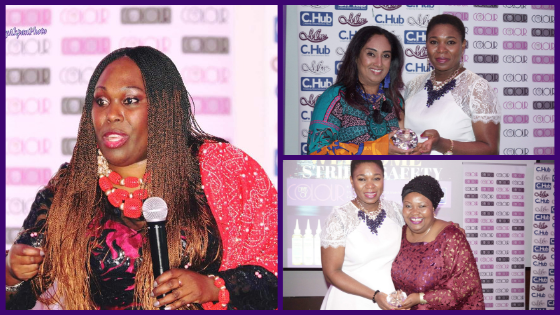
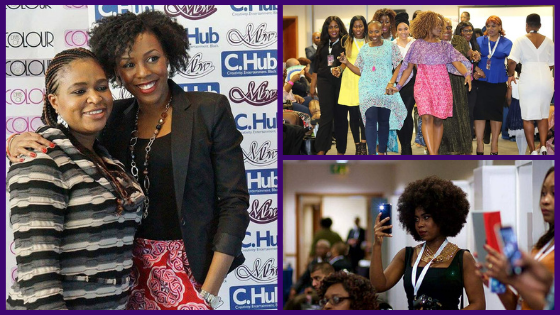
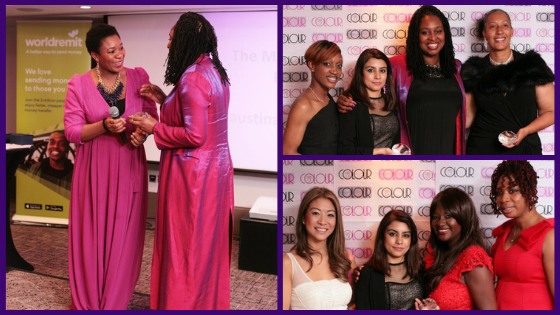
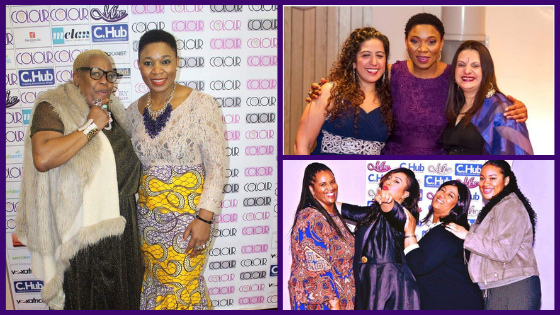








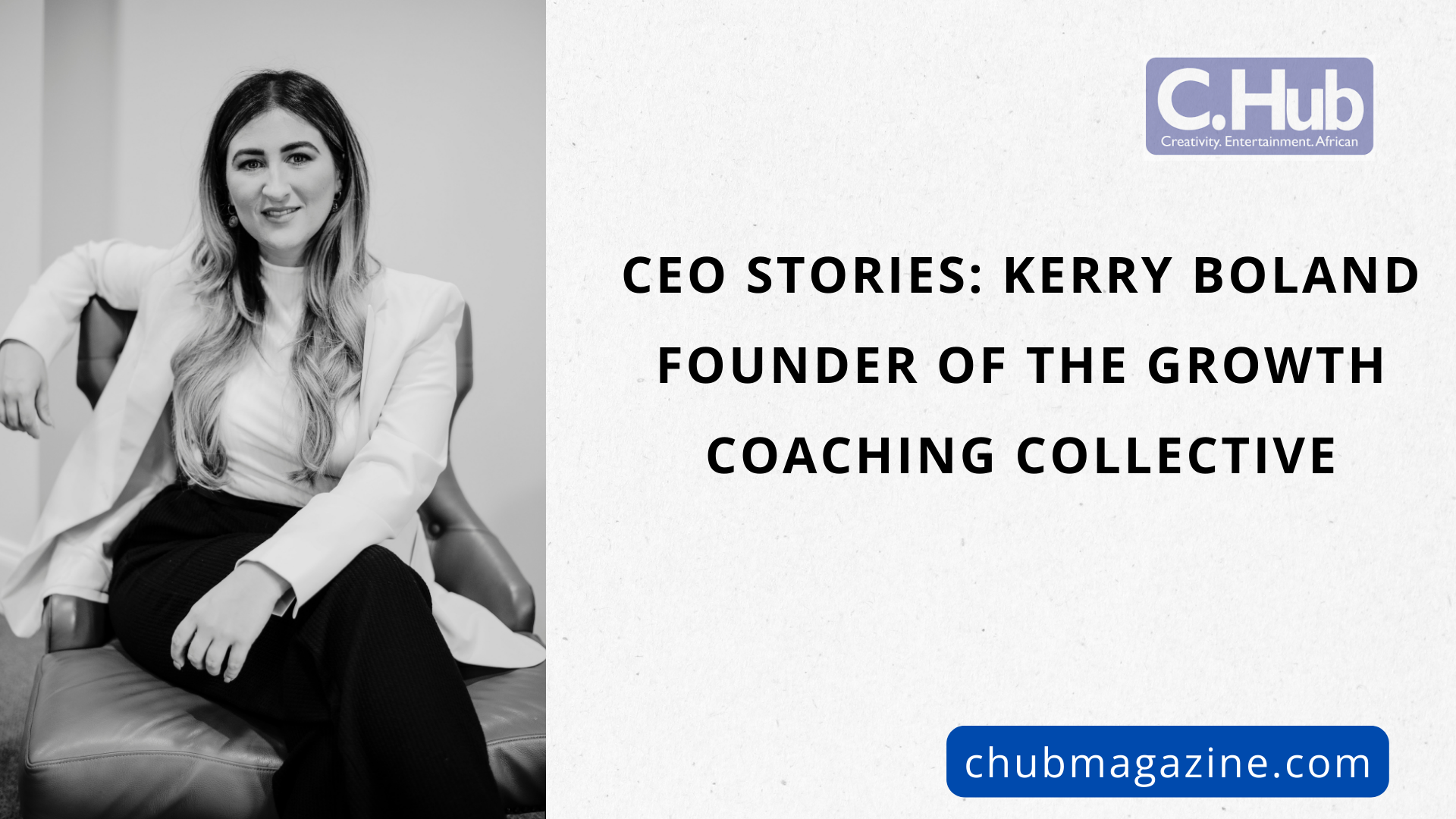

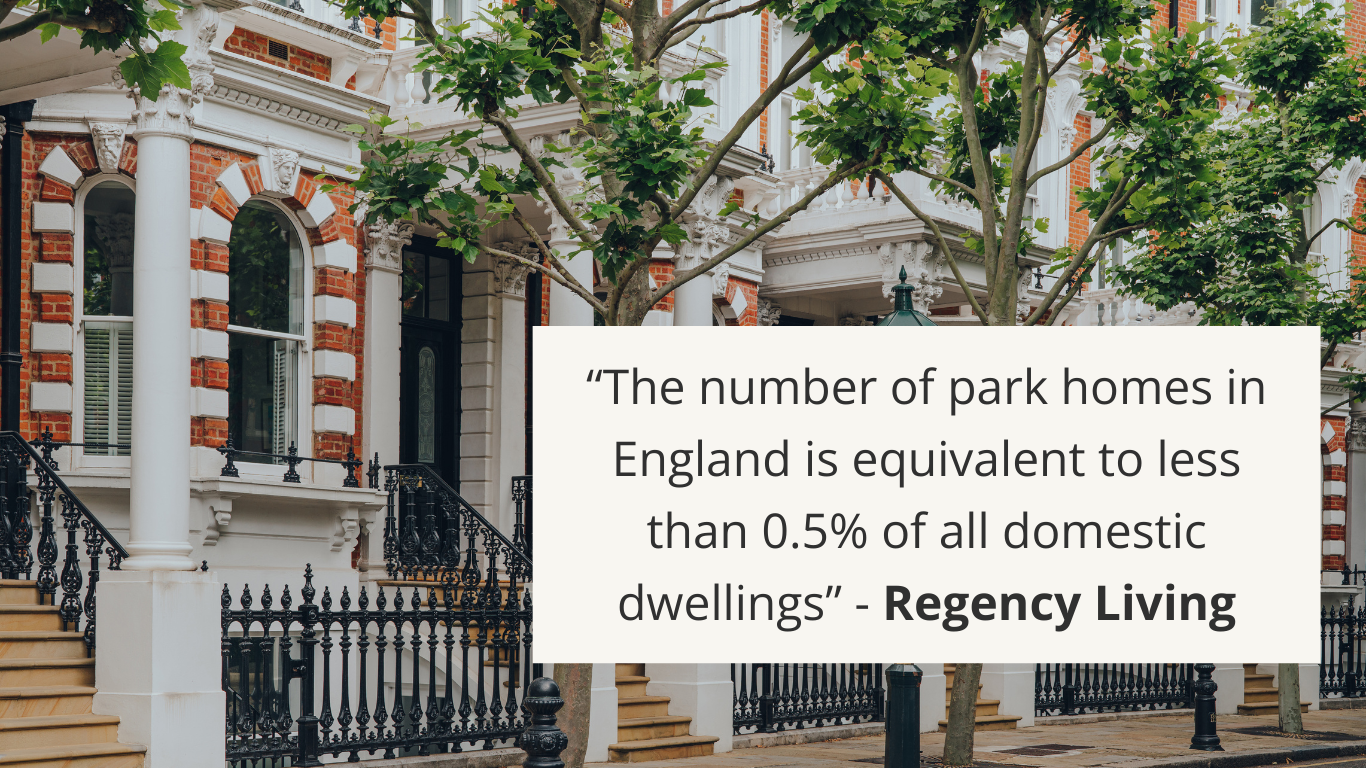

Comment